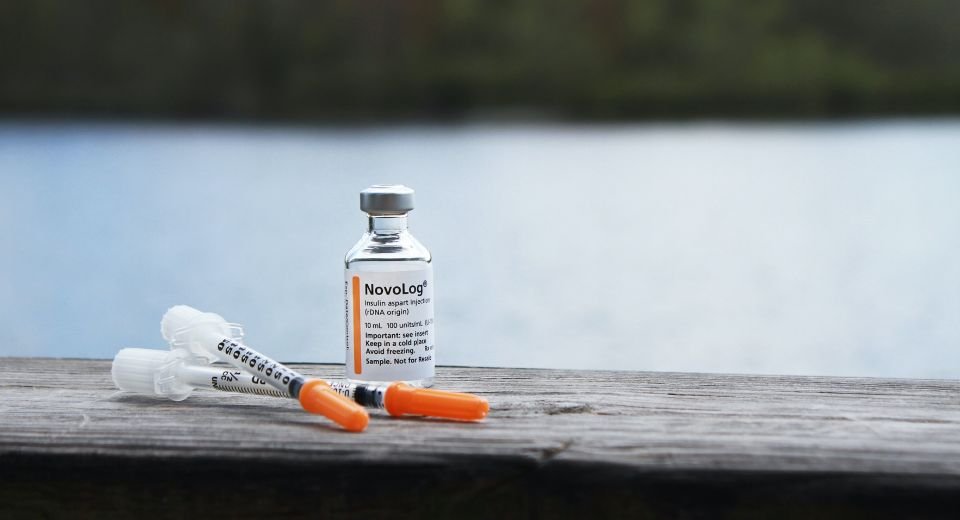HQ Team
January 14, 2023: California is suing insulin makers Eli Lilly, Novo Nordisk, Sanofi and pharmacy benefit managers (PBMs) for allegedly overcharging patients, according to attorney general Rob Bonta.
The complainant or the plaintiff alleges manufacturers Eli Lilly, Novo Nordisk, and Sanofi, and PBMs, CVS Caremark, Express Scripts, and OptumRx, have leveraged their market power to overcharge patients.
The three manufacturers in the lawsuit produce over 90% of the global insulin supply, and the three PBMs administer pharmacy accounts for roughly 80% of prescription claims managed.
The lawsuit alleges the six companies were driving up the cost of the lifesaving drug through “unlawful, unfair, and deceptive business practices” in violation of California’s Unfair Competition Law.
The manufacturer defendants aggressively raise the list price of insulin in lockstep with each other to artificial levels.
Prices exceed inflation
The inflated and artificial insulin price increases have significantly exceeded inflation and were unjustified by advances in the efficacy of the drugs or the cost of manufacturing.
Insulin costs less than $10 a month to manufacture, and its development costs have long been recouped.
The PBMs, obtain significant secret rebates, which are a percentage of the inflated and artificial list price, from the manufacturer defendants in exchange for favourable placement on the PBM’s standard formularies.
Eli Lilly, Novo Nordisk and Sanofi have raised the price of their insulin drugs by 1,219%, 627% and 715%, respectively, since they were first introduced, according to a 2021 Congressional report.
“Insulin is a necessary drug that millions of Americans rely upon for their health, not a luxury good,” Bonta said.
Reimbursement for patients
The state is pursuing an order to stop future law violations and an undefined amount of money damages, including reimbursements for patients.
“With today’s lawsuit, we’re fighting back against drug companies and PBMs that unacceptably and artificially inflate the cost of lifesaving medication at the expense of vulnerable patients,” he said.
“No one should be forced to ration or go without basic medication that could mean the difference between life or death.” The 2021 report found that insulin costs roughly ten times more within the United States than outside it.
Previously, Minnesota, Mississippi, Arkansas and Kansas, and groups of drug purchasers have brought lawsuits similar to California’s.
Three million diagnosed
More than 3 million adults in California — over 10% of the state’s adult population — have been diagnosed with diabetes.
The California Health and Human Services Agency reported that according to national data, as many as 1 in 4 diabetics could not afford their insulin, thus rationing or stopping it altogether.
Rationing is extremely dangerous and can lead to serious health consequences, including death.
The lawsuit, filed in California Superior Court in Los Angeles, states that manufacturers and PBMs are complicit in overcharging for insulin.
Pharmacy benefit managers get paid for their services with a portion of the negotiated rebate.
“This creates an incentive to negotiate a drug with a higher rebate, not necessarily the lowest price for consumers,” according to the lawsuit.
As a result, the drug becomes unaffordable for uninsured or underinsured patients, who have to pay the total price of insulin.
Allegations false
“Allegations that we play any role in determining the prices charged by manufacturers are false,” a CVS Caremark spokesperson told the Reuters news agency.
An Optum spokesperson said the company “work(s) daily to provide people with access to affordable drugs, including insulin.”
An Eli Lilly spokesperson said the company was disappointed by the lawsuit’s “false allegations.”
